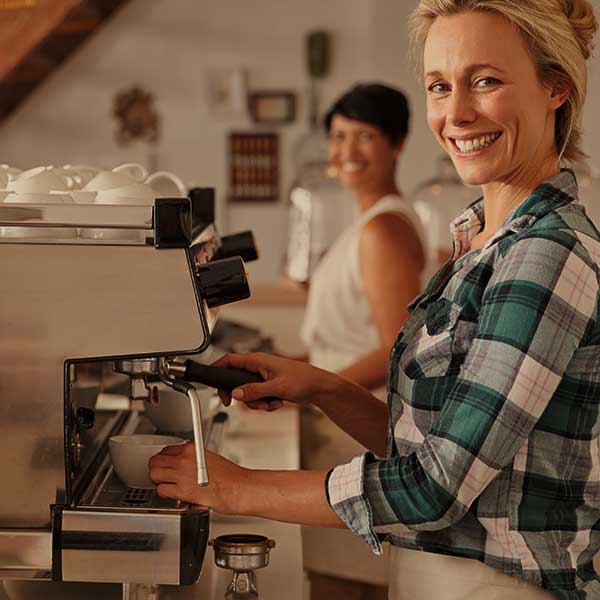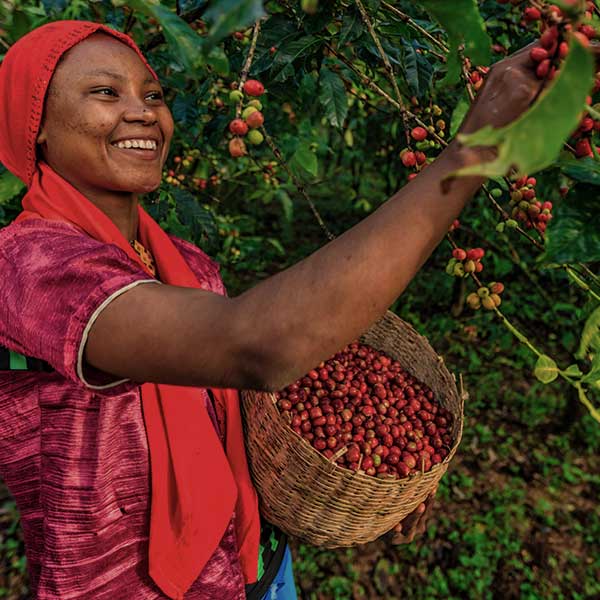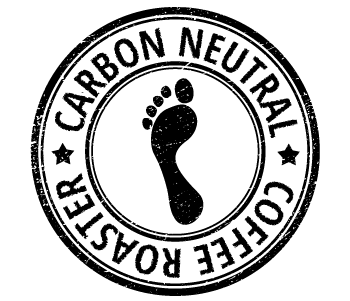
How do I know if my coffee is ethical?
As the world wakes up to climate change and the critical need for short term action, it’s easy to believe that we’re doing our bit by recycling effectively or purchasing the latest electric car, but have you ever thought about how your choice of coffee impacts the climate? Increasing numbers of suppliers are badging their coffee organic, sustainable or any other word synonymous with “doing good” but what does any of this mean and are they being totally transparent with the processes underpinning that final delicious cup of coffee?
With over 2 billion cups of coffee consumed worldwide every day, and with a value of almost $90 billion, the global coffee industry is here to stay for a long time. Indeed, we’re still seeing significant growth and younger generations are continuing to drive demand for new, unique, premium experiences and blends. At Indigo Valley Coffee, our mission is to get all coffee drinkers, old and new, drinking better, higher quality coffee that benefits from a transparent and ethical supply chain.
A growing coffee industry must be good, right?
With this massive growth and more businesses vying for a piece of the lucrative $90 billion value, the industry has seen a flurry of shortcuts and consequently that delicious cup of coffee nowadays can come at the expense of forests, biodiversity and farmers’ welfare. A vast 25 million smallholder farmers produce 80% of the world’s coffee and the industry provides employment for over 125 million people so the industry is of critical value for huge volumes of people. Not only that, but some of the processes utilised are incredibly damaging for our environment.

So, what does coffee production mean for the planet?
One of the biggest sources of environmental damage happens during the production of the beans themselves. The global increase in demand has affected growing methods which, in turn, has had consequences on sustainability. Coffee grown by traditional means has been cultivated under a shaded canopy of trees, which create a valuable habitat for animals and insects. However, increases in sun-cultivated coffee, which is a faster process more appealing to the demands of a rapidly growing industry, equates to less shade. Less shade means a need for the use of fertilisers which has had a severe consequence on biodiversity.
But can organic coffees make a difference and how do we fit into this landscape as a nation of tea drinkers? If the increase in the number of high street coffee outlets is anything to go by, it’s clear that we have embraced the joy of coffee. Along with greater coffee consumption has come greater awareness of the problems. Organic coffee sales are increasing and a whole host of brands have sprung up to provide an ethical alternative. Nevertheless, the penetration of organic coffee is a drop in the ocean of the total so, although the message is resonating, there is a huge amount left to do to ensure sustainability shoots to the top of the agenda and covers the end-to-end process.
As it stands, many of the big coffee brands have complex supply chains, making it near impossible to understand what’s going on end to end through their supply chain – therefore any ethical and green claims are unlikely to have genuine substance. To claim authentically ethical standards, all aspects of the supply chain must be transparent.

The journey from bean to cup
Before the coffee hits your cup, those dark, delicious coffee beans of joy have quite a journey. From bushes plush with red cherries, green pods are extracted from the cherries, which are then fermented, dried, and milled before being sent to a roastery and turned into the cup of coffee we all know and love. From paying farmers a fair wage to working with them to support a planet-friendly growing process to prioritising sustainability in the roasting methods, all aspects of the supply chain must be assessed to claim true ethical credentials.
The environmental impact of coffee roasting
There are issues along every part of the supply chain and another process that can cause environmental damage is the roasting process. Roasting coffee can have a severe impact on air quality. Particulate matter and some toxic compounds can be released during the roasting process. In fact, emissions controls and air permits are legally required for roasters of a certain size to help control the effects of these air pollutants. Roasting coffee beans also requires a lot of electricity – roasting one kilogram of beans can produce 2.9 kilograms of carbon dioxide.
At Indigo Valley Coffee, we’re proud to offer authentically carbon neutral award-winning coffee. Not only do we actively reduce, capture and offset our coffee roasting emissions through our unique air roasting process, our end-to-end process is externally audited and verified in partnership with Carbon Neutral Britain. From working with farmers direct to ensure they are fairly compensated to hand-picking blends for quality to running our warehouses on green power generation, we have meticulously reviewed every step in our process to ensure our ethical credentials are the best.
We have been roasting premium coffee beans and operating as carbon neutral for over three years and we know that there is more we can do, and we are moving towards an even more ambitious carbon negative status. Indigo Valley Coffee may be one of the only ethical coffee suppliers in the UK to have achieved this standard. Therefore, if sustainability is important to you too, partner with us and ensure your daily dose of coffee is as enjoyable to you as it is to the planet.

If you are trying to reduce your company’s carbon footprint, source award-winning premium coffee from Indigo Valley Coffee and you could save an average of 16.7kg of carbon per member of staff every year. We’ve even got a handy carbon calculator to help you find out the estimated impact of your current daily coffee consumption.
An ethical partner every step of the way
To protect the future of coffee for all, we must be aware of what we’re purchasing, sourcing, buying and consuming. Whether you’re a café owner, a facilities manager or simply searching for an ethical subscription gift, join Indigo Valley Coffee and take a small step towards sustainability that will benefit people and the planet. Oh, and savour the flavour of the most delicious coffee whilst you’re doing it.
Enjoyed this? Then get in touch and find out how we can help you.
Looking to open a coffee shop in your community? Indigo Valley can supply everything you need to get up and running at unbeatable prices.
Pour yourself a cup of coffee and savour the flavours of your favourite blend. Even better, try one of the different blends available from Indigo Valley Coffee and let us know your favourite.
For more information on how Indigo Valley Coffee can help you, call us on 0333 222 4020 or email us at office@indigovalley.co.uk.

Interested in more?
Looking for more articles about coffee and coffee equipment from Indigo Valley? Why not view our archive of posts and articles for everything you need to know about coffee.
